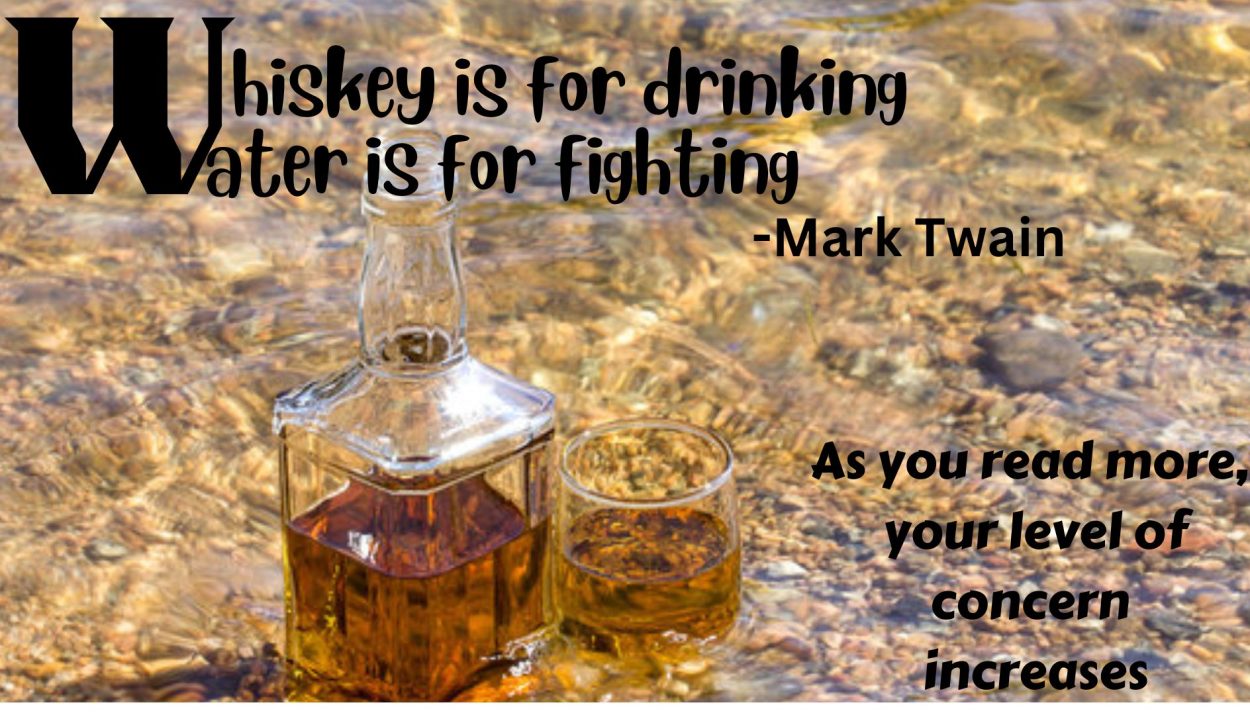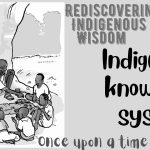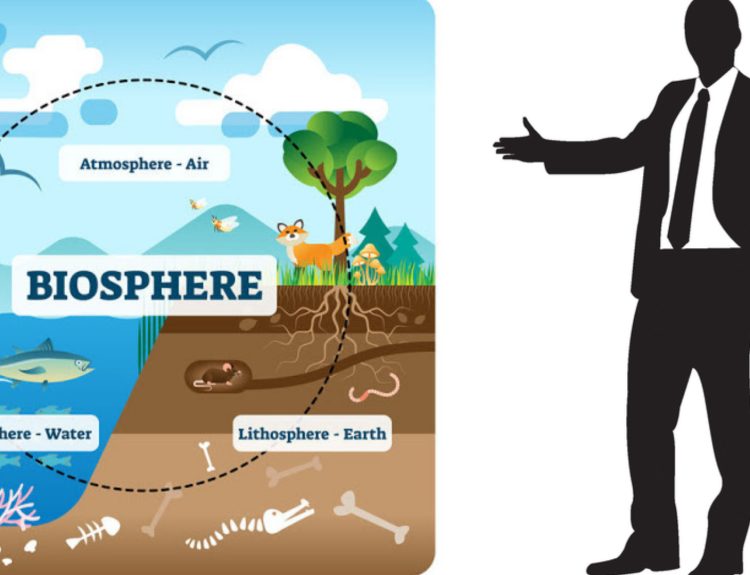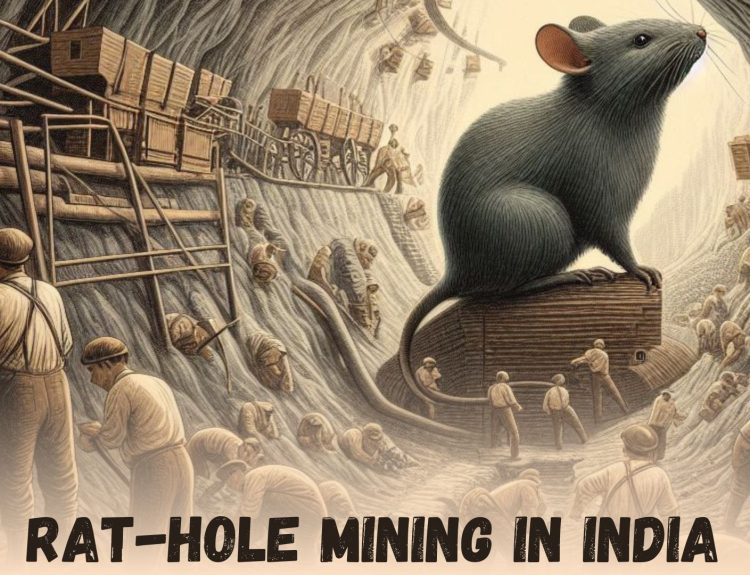The saying “Whiskey is for drinking, water is for fighting” is attributed to Mark Twain, the renowned American author and humorist known for his wit and satirical writings. Twain’s frequent references to whiskey and his observations of life in the American West during the 19th century have contributed to the association of this saying with him.
This article aims to highlight the widespread water crisis. Despite the necessity of drinking water, conflicts arise over its availability. We require water for basic sustenance and for operating businesses and factories. However, instead of ensuring adequate access, we find ourselves engaged in disputes over this vital resource.
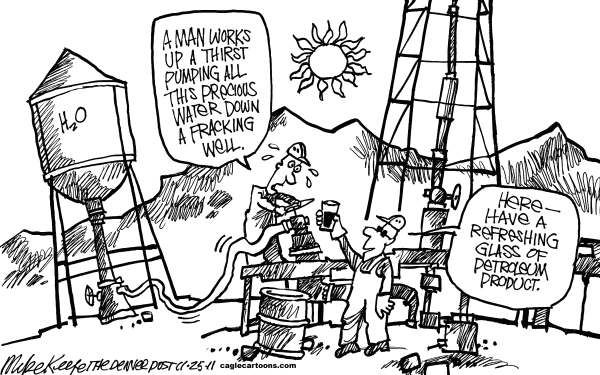
The hidden meaning of the saying
Water encompasses more than just growth, production, and expansion. It is a fundamental component for survival, akin to the importance of air. Without air, one’s existence would be short-lived. The saying emphasizes the immense value of water, highlighting that a sip of water holds greater significance than a sip of whisky. Apart from consuming it, there isn’t much else you can do with whiskey, whereas water is essential for our survival.
When it comes to popular sayings, “Whiskey is for drinking, water is for fighting” is a phrase that has stood the test of time. Why is it called that? It is a concise and vivid statement that captures the essence of a time when access to clean water was scarce, and the consumption of whiskey was a more viable option. To fully understand the significance of this saying, we must delve into its historical context.
In the 18th and 19th centuries, particularly in the western parts of the United States, water sources were often contaminated, carrying diseases such as cholera and dysentery. Settlers faced the challenging task of finding safe drinking water, and they quickly realized that whiskey, unlike water, could be a safer alternative. Whiskey, with its high alcohol content, could kill bacteria and parasites that tainted the water supply.
The scarcity of clean water, combined with the relative accessibility and preservation qualities of whiskey, led to its widespread consumption. It became a staple in the daily lives of many individuals, from labourers to soldiers, who sought hydration while minimizing the risk of illness.
The saying embodies the notion that whiskey provided a means to survive in challenging circumstances. In times of scarcity and adversity, it became a symbol of resilience and adaptability. Moreover, whiskey served as a social lubricant, fostering camaraderie and community bonds in frontier settlements and military encampments.
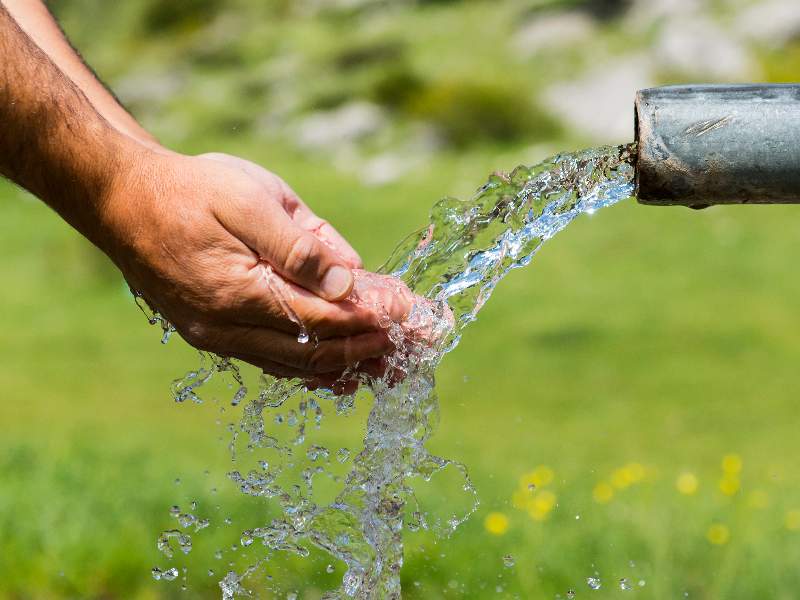
However, it is important to note that the saying does not advocate the consumption of whiskey over water in our modern times. Today, we have made significant advancements in water treatment and sanitation, ensuring that clean drinking water is readily available for most people. Water remains the fundamental source of hydration and sustenance, essential for our well-being and overall health. Climate change has led to a diminishing water supply, while the water demand continues to rise due to a growing population.
Nevertheless, the historical significance of “Whiskey is for drinking, water is for fighting” should not be overlooked. It provides a glimpse into the challenges faced by our ancestors, highlighting the value they placed on the accessibility and safety of their drinking water. It serves as a reminder of the resilience and resourcefulness exhibited by those who came before us.
Delve into the intricate relationship between humanity and the biosphere by reading about their dynamic interaction- Man and Biosphere
According to the US Environmental Protection Agency
- The vast majority of the world’s water, approximately 97%, is either salty or unsuitable for drinking. An additional 2% is trapped in ice caps and glaciers. This means that only 1% of the Earth’s water is available for fulfilling all of humanity’s needs, including agricultural, residential, manufacturing, community, and personal needs.
- Water serves numerous vital functions. It plays a crucial role in regulating the Earth’s temperature and also helps regulate the temperature of the human body. Additionally, water transports nutrients and oxygen to cells, provides cushioning for joints, safeguards organs and tissues, and aids in waste removal.
- Remarkably, water constitutes about 75% of the human brain and also accounts for 75% of a living tree’s composition.
- While a person can survive for approximately a month without food, they can only endure about a week without water.
- An interesting characteristic of water is its expansion by 9% when it freezes. This unique property causes ice, the solid form of water, to be less dense than liquid water, allowing it to float in water.
As stated by UNICEF
- A staggering 2.2 billion individuals still lack access to safe drinking water.
- Approximately 3.6 billion people, nearly half of the global population, lack access to proper sanitation facilities, which means they lack toilets that separate human waste from contact and lack systems to ensure the safe disposal of waste.
- About 494 million people engage in open defecation, resorting to relieving themselves by the side of roads, in fields, or bushes.
- Each day, more than 1,000 children succumb to diseases caused by unsafe water, poor sanitation, and inadequate hygiene.
- The impacts of climate change are devastating water sources, leading to their depletion and contamination. Unless prompt action is taken, it is projected that by 2040, 600 million children will reside in water-stressed regions.
- Eight out of ten individuals without access to essential drinking water reside in rural areas, while two-thirds of those lacking basic sanitation live in rural areas. Furthermore, nine out of ten individuals practising open defecation are found in rural areas.

Conclusion
The saying “Whiskey is for drinking, water is for fighting” carries a powerful historical context. It reflects an era when whiskey served as a safer alternative to contaminated water, enabling individuals to survive and build communities in challenging circumstances. While we now enjoy the privilege of clean water, we should never forget the struggles of our predecessors and the importance of water in our lives.
As you read more, your level of concern increases. We must take action. The entity that gains control over water will have dominion over the world. We must engage in a substantial battle within a suitable location to implement significant alterations for water conservation. Collaboration and cooperation among individuals are essential.
If you have any suggestions, please don’t hesitate to engage yourself in this discussion and share your valuable insights. Your input is highly appreciated.
References-
Whiskey is for drinking, water is for fighting


